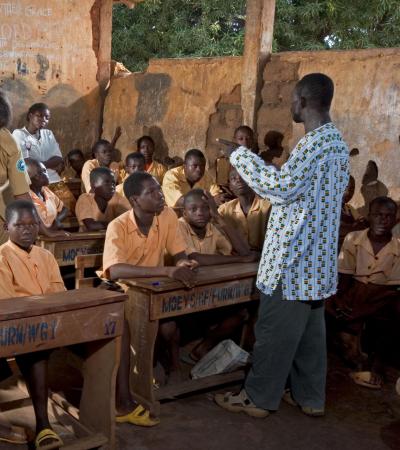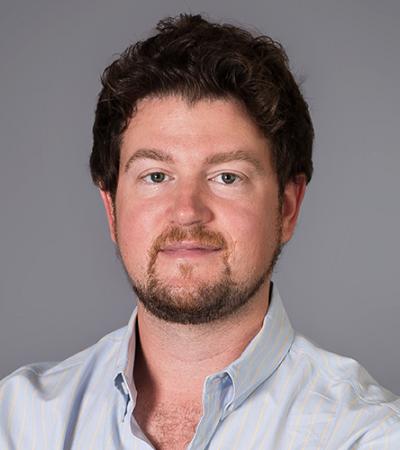The Aggregate Effects of "Free" Secondary Schooling in the Developing World

David Lagakos
Associate Professor of Economics, University of California San Diego
Research Associate, National Bureau of Economic Research
What are the aggregate effects of publicly funded secondary schooling in the developing world? To find out, David Lagakos, along with co-authors Junichi Fujimoto and Mitchell Vanvuren, built a simple overlapping-generations model of human capital accumulation by households that were heterogeneous in adult human capital and child learning ability. They estimated the model to match a randomized controlled trial that provided free secondary education to a random set of low-income children in Ghana. Lagakos describes their findings in this talk.






